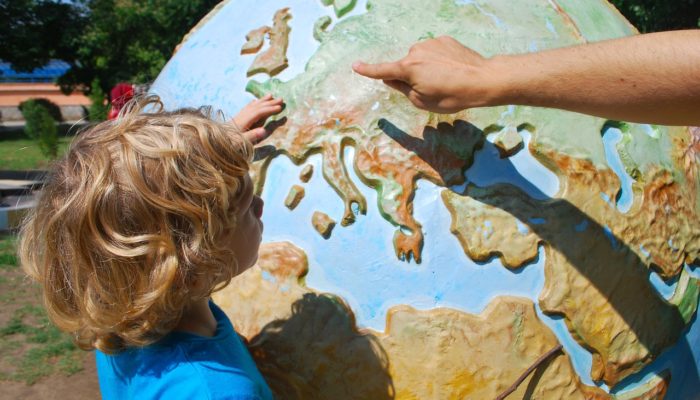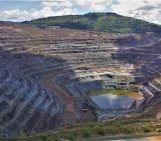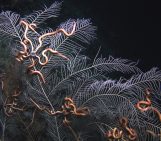
As the theme of this month is science communication, I’d like to share some of my own experiences with geoscience communication and public perception of geosciences.
I was born and raised in Minas Gerais – the most traditional mining state of Brazil. Nowadays it is internationally recognized for recent environmental disasters such as the failure of the Brumadinho and Fundão tailings dams. I studied Geological Engineering in Ouro Preto – where the Brazilian Gold Rush started, which was responsible for the establishment of the city. Until the present day, mining – especially iron ore – is the most important economic input for the municipality. Despite all the history and mining tradition, many people have no idea of what geology is about. I had no idea before entering university.
A study (Annals page 462) on public perception of geosciences was carried out in Campo Belo, a town located in the southwest region of Minas Gerais with 54.000 inhabitants, almost 400 high school students from public and private schools and their science teachers. The results have shown that the students struggled to answer simple questions regarding geology (such as the approximate age of the Earth or naming one mineral) and they were unable to relate Earth Sciences with the environment surrounding them, which came as a surprise to the teachers. Despite being local, this study may give us a hint on the perception of geosciences in Minas Gerais.
Why is connecting the community with geological knowledge so important?
Geology is the basis of everything! To produce the food we eat we need soil, water, mineral fertilizers. For housing, we need resources such as steel, cement, gravel, sand, and we need to choose appropriate sites for construction, avoiding areas with a high risk of geohazards like earthquakes, landslides or flooding. We need mineral resources for developing technologies and green energy. Some places on Earth depend almost exclusively on groundwater – so hydrogeological knowledge is crucial. Summing up – geology is in everything!
Bringing this perception to society is vital to promote conscious consumption and recycling practices (since resources are finite), improve communities’ resilience, help urban planners… just to cite a few.
So, how to communicate science effectively?
In my context (Minas Gerais – Brazil), I see that geology is not tangible for the biggest part of the population. Besides, communication is neglected by scientists. Therefore, after researching, attending conferences and talking to people from diverse backgrounds I think the best way to bridge scientists and population is, first of all, to understand the target audience (background, language, culture, customs, etc). After that, decide if you are the most appropriate person to access that community. Try to simplify the vocabulary and avoid jargon. Make a presentation that is clear, simple, illustrative, fun and scientific, if possible.
Science communication has the power to shorten distances, connect people, empower communities, work towards disaster risk reduction and promote the value of geological resources and heritage. Let’s bring geological knowledge beyond the university walls!


